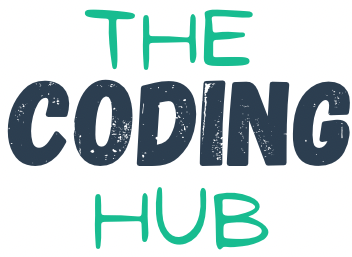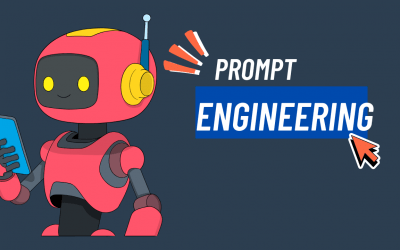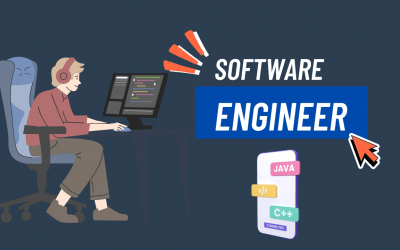Definition and Importance
Programming is the art of instructing computers to perform tasks. By writing code, we create programs that can solve problems, automate tasks, and even entertain us. Learning programming basics is crucial as its significance lies in the pervasive nature of technology in our daily lives, from smartphones to complex scientific simulations.
Historical Evolution
The journey of programming began with early computing machines. Over time, it has evolved from punch cards and assembly language to modern high-level languages. Learning programming basics is essential to understand this evolution, which mirrors the advancements in computing power and the increasing complexity of tasks that software can handle.
Fundamental Concepts of Programming
Variables and Data Types
At the heart of programming are variables, which store data values. These values come in various types, such as integers, floating-point numbers, strings, and booleans. Understanding these basics is crucial as it dictates how data can be manipulated and stored.
Control Structures
Control structures guide the flow of a program. Conditional statements (if-else) allow for decision-making, loops (for, while) enable repetitive tasks, and switches provide a streamlined way to handle multiple conditions. Mastering these basics is essential for writing efficient code.
Functions and Procedures
Functions and procedures encapsulate code into reusable blocks. This not only promotes code reusability but also enhances readability and maintenance. Learning these basics, including how functions can take inputs, process them, and return outputs, while procedures generally perform tasks without returning values, is fundamental.
Popular Programming Languages
Python: The Beginner’s Favorite
Python is lauded for its simplicity and readability, making it an excellent choice for beginners. Its extensive libraries and frameworks support various applications, from web development to data analysis, making it a versatile language for those who want to learn programming basics.
JavaScript: The Language of the Web
JavaScript powers the interactive elements of websites. It runs on browsers, making it indispensable for web development. Its ability to manipulate the Document Object Model (DOM) and handle events dynamically makes it a cornerstone of modern web applications and a key language when learning programming basics.
C++: The Powerhouse of Performance
C++ offers fine-grained control over system resources, which is why it’s favored in performance-critical applications like game development and system software. Its object-oriented features and standard template library (STL) provide powerful tools for building robust applications, essential knowledge when learning programming basics.
Essential Tools for Programmers
Integrated Development Environments (IDEs)
IDEs such as Visual Studio Code, PyCharm, and Eclipse provide a comprehensive environment for writing, testing, and debugging code. They offer features like syntax highlighting, code completion, and integrated debugging, which streamline the development process and are vital tools when learning programming basics.
Version Control Systems
Version control systems like Git are indispensable for managing code changes. They allow programmers to track revisions, collaborate with others, and revert to previous states if necessary. Platforms like GitHub and GitLab facilitate project management and team collaboration, making them essential when learning programming basics.
Debugging Tools
Debugging tools help identify and fix errors in code. Tools like GDB for C++, PDB for Python, and browser-based debuggers for JavaScript provide step-by-step execution, breakpoints, and variable inspection, aiding in efficient problem resolution. Learning how to use these tools is part of the programming basics.
Best Practices for Learning Programming
Starting with the Basics
Begin with fundamental concepts and gradually progress to more complex topics. Understanding the core principles of programming provides a solid foundation upon which advanced skills can be built. This approach is essential when you learn programming basics.
Practicing Regularly
Regular practice is key to mastering programming. Engage in coding challenges, contribute to open-source projects, and build your own applications. Consistent practice hones problem-solving skills and reinforces learning, making it crucial when you learn programming basics.
Engaging with the Community
Join programming communities, participate in forums, and attend coding meetups. Engaging with peers provides support, inspiration, and opportunities to learn from others’ experiences. Collaboration often leads to a deeper understanding of programming concepts, an important aspect when you learn programming basics.
Programming is a vast field with endless opportunities for those willing to learn. By grasping the basics, utilizing essential tools, and adhering to best practices, one can embark on a fulfilling journey into the world of coding. The digital landscape is ever-evolving, and programming skills are the key to unlocking its potential. If you aim to learn programming basics, this guide provides a comprehensive starting point.




